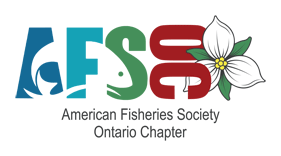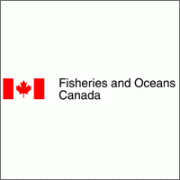News – DFO Fish and Fish Habitat Protection Program Wave 3
After a very successful Wave 2 Engagement, DFO’s Fish and Fish Habitat Protection Program (FFHPP) is ready to undertake the next wave of engagement. FFHPP’s Wave 3 Engagement is seeking input to continue modernizing and/or developing policies, frameworks, instruments, and guidance to further implement the fish and fish habitat protection provisions of the Fisheries Act.
A video presentation overviewing the Wave 3 engagement plan is now available on the Talk Fish Habitat platform.
In this wave, conversations will be held on:
Offsetting Policy and Habitat Banking Guidelines
- In Wave 3, FFHPP will continue the dialogue on Offsetting and Habitat Banking by providing an opportunity for more feedback that will allow FFHPP to refine its approach to modernizing its offsetting policy and habitat banking guidelines.
- We will seek input on the scope, key concepts, and proposed approach to shape the policy and guidelines.
New Interim Standard and Codes of Practice
- FFHPP will engage on an interim Standard for site isolation intended to address Wave 1 feedback.
- The program will also engage on four proposed new interim Codes of Practice:
- Dock, moorings, and boathouse repair, maintenance, and construction;
- bridge repair and maintenance;
- municipal and agricultural drain maintenance; and
- repair and maintenance of in-water structures.
- DFO will be seeking input on the clarity and scope of the new interim Standard and Codes of Practice to validate and improve on measures to avoid and mitigate impacts to fish and fish habitat and, as appropriate, to refine the document’s scope.
Framework for Aquatic Species at Risk Conservation
- DFO – Species at Risk Program is seeking input on a new approach for conserving Canada’s aquatic species at risk. This Framework for Aquatic Species at Risk Conservation will serve as a policy guide for applying multi-species approaches to help deliver on DFO’s Species at Risk Act responsibilities.
- DFO – Species at Risk Program engaged on key concepts related to multi-species approaches in Wave 2. Based on feedback from that engagement, a framework has been drafted and will be shared in Wave 3. The draft Framework includes principles, criteria, and recommendations for the application of multi-species approaches to conservation.
Please register to participate in platform activities, and find new opportunities to participate, share, collaborate, and learn.


